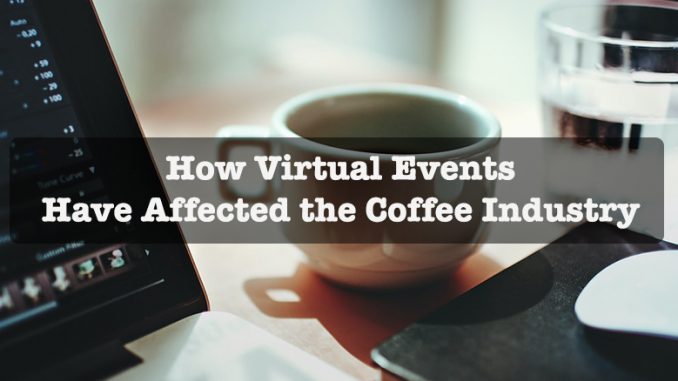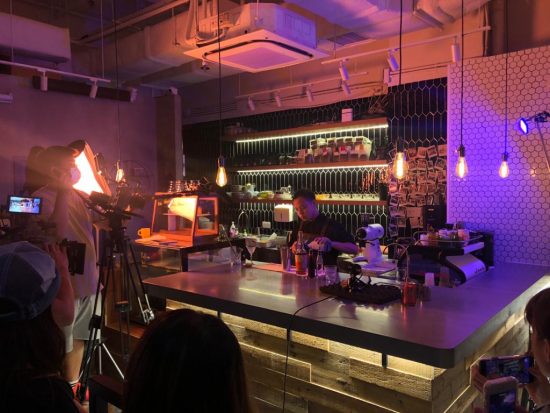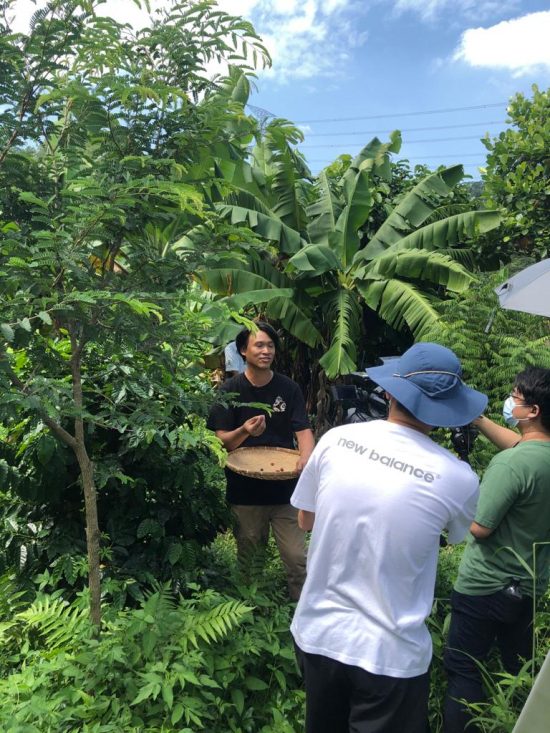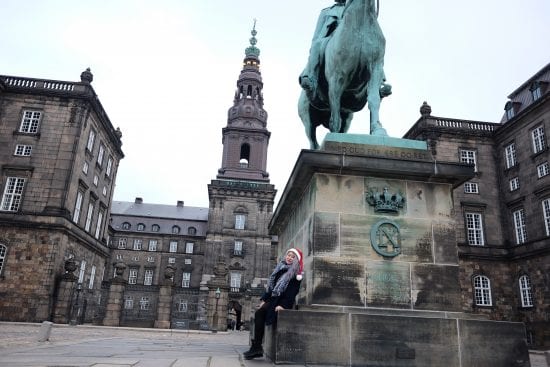
We learn how online coffee events have benefited from and adapted to a COVID-19 landscape.
BY TIGGER CHATURABUL
SPECIAL TO BARISTA MAGAZINE ONLINE
Cover photo courtesy of Helena Lopes for Unsplash
Editor’s note: Recently, we’ve been exploring how the digital landscape has affected the coffee industry over the last couple years. Today, we’ll explore one element of coffee that has benefited from an online presence: events.
According to the Digital 2019 report by HootSuite and We Are Social, people in Hong Kong have spent an average of 6 hours and 23 minutes each day using the internet as of January 2019. (U.S. residents spend a similar amount of 6 hours and 31 minutes per day.) A quarter of our lives is already spent browsing digital media, and that was before we started staying home. COVID-19 has propelled the need to get creative with digital content because we’re pretty much always online.

Like the Global Coffee Festival and countless other live events, Hong Kong’s biannual PMQ Coffee Agenda fair lived on the online space this year. From October 24 to 26, the event went live with sharing sessions, workshops, and outdoor explorations all on a custom online event platform, which held a lot of advantages previously unfeasible for an in-person exhibition.
“Before, the highlights of Coffee Agenda were the different booths featuring coffee shops from around Hong Kong and Asia, and the focus of the event was more on the drinks and products being offered. This time, we expanded the event content to include more topics from the coffee industry as a whole, such as [sharing] about coffee cup designs, mini café designs, and even an outing to an actual coffee farm in Hong Kong,” shares Fiona Lau, founder of Coffeeder, a co-organizer of the event alongside PMQ.
“One special activity made possible by a virtual event is our new podcast about music in coffee shops,” says Fiona. “We had some café owners and baristas share their approach for choosing music and the podcast played some of the songs, which allowed people to create a ‘home café’ atmosphere themselves.”
Although event attendees missed out on the crucial experience of tasting coffee from professional baristas around the region, Fiona believes it’s important to keep the momentum of an annual coffee fair in Hong Kong. “People are much more familiar with specialty coffee now on the product level, but this is a good opportunity for us to shift the focus to behind-the-scenes topics that people don’t really know about yet,” she says.

Each day of the Coffee Agenda online experience was bookended by specially filmed mood videos of coffee brewing and cocktail mixing to add to the atmosphere. Another fun feature was the limited-edition coffee gift sets that include small doses of beans from 16 local roasters, as well as workshop kits for do-it-yourself coffee cocktails, flavor exploration, chocolate pairings, and more while viewers watched the live workshops through the platform.
If that sounds familiar, maybe you joined the World’s Largest Coffee Tasting hosted by James Hoffmann of Square Mile Coffee Roasters last month. As an active contributor to online coffee content, James wanted to create a shared coffee experience by putting together tasting kits so that people all over the world could tune in to a collective cupping session live wherever they were.
“I’m not sure we expected to sell 17,500 kits and have nearly 11,000 people watching the tasting stream live,” says James. It’s an 81% increase in viewership compared to the 2019 establishing event. “I think people enjoy events that give you a feeling of community, even when we can’t be together. So it is hard to say exactly what impact COVID had, except for making this a tough year, which is certainly motivation to try and create something fun for people.”
As James’ channels grow on Instagram and YouTube, he looks forward to seeing the future of online coffee content diversify. “I think we’ve both underestimated and misjudged the size and interests of the wider coffee audience. The future has to be about diverse voices, in every sense,” he says. “Coffee is so personal, so cultural, that the idea of there being one particular approach or pathway is both wrong and stifling to different voices. I want to see creators thrive where they find ways to connect their specific interests with their potential community.”

ABOUT THE AUTHOR
Tigger Chaturabul tried to be a barista for two years until she realized she was better suited behind the business than behind the bar. She now runs her own copywriting and design studio, Curious Typhoon Studio, that serves F&B and other small businesses in Hong Kong. Her free-range creative lifestyle allows her to spend all her time in coffee shops everywhere.

